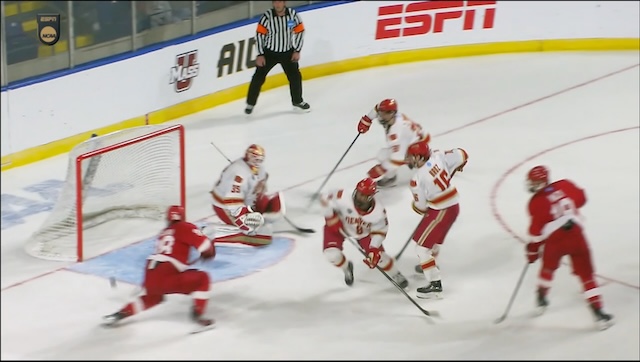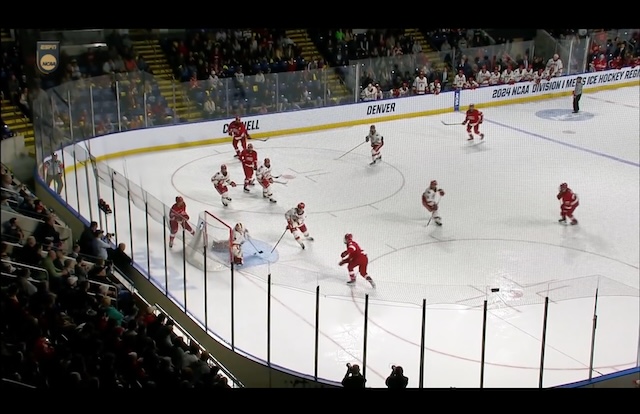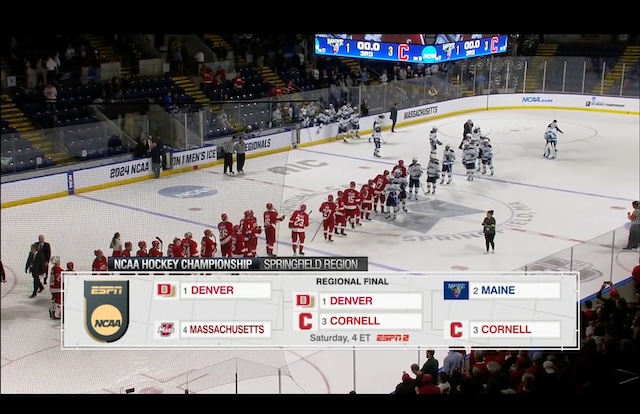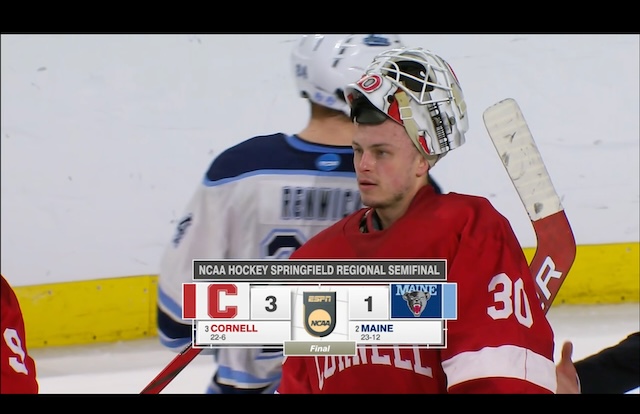This “Lord Of The Manor” Attitude At DEP Must End
DEP’s Lack Of Regulations To Govern Forest Management Violates Supreme Court Ruling
Last week I wrote about emails from DEP managers that revealed an incredible bureaucratic arrogance and lawlessness, see:
Today I want focus on DEP emails that reveal gross violations of NJ laws that require that State agencies are accountable to the public through the rulemaking process established by the NJ Administrative Procedure Act (APA).
While the details are wonky and legalistic, the essential concept is simple: State agencies can’t do just whatever they want to do without justification and involvement of the public in their decisions and review by Courts and the Legislature.
State agencies first must explain and document the factual, scientific and legal basis for their decisions. They must provide public notice and opportunity for the public to review and comment on their decisions. They must respond to public comments. And all of this is subject to legal challenge in the Courts via administrative review (Office of Administrative Law) and judicial review by the NJ Courts, as well as the ability to review and exercise a veto by the Legislature.
Legally, this is known as “due process” and “notice and comment rulemaking”.
The leading NJ Supreme Court decision on what this means is known as “MetroMedia” see: Metro media Inc. v. Dir., Div. of Taxation, 97 N.J. 313, 331 (1984).
https://law.justia.com/cases/new-jersey/supreme-court/1984/97-n-j-313-0.html
These legal concepts are highly relevant to the DEP’s policies and practices to manage State lands, particularly NJ’s forests.
Simply put:
1) there is no specific State law that authorizes DEP to manage forests and sets policies, standards, and safeguards to prevent abuse. The failure of Senator Smith’s Forestry Task Force to produce legislation to govern DEP “forest management” shines a very bright light on the lack of Legislative authorization and policy direction.
2) If you ask DEP the question of where they find a legal basis to “manage” State forests, they will tell you that this power is derived from their ownership of the land – this is the “Lord Of The Manor” attitude.
3) Regardless of the DEP’s legal authority to manage state forests, how they actually do so blatantly violates the NJ Supreme Court’s MetroMedia doctrine.
DEP relies on what they call an informal internal “14 step process” for the planning and management of State forests. It is virtually the only DEP program and planning process that is not governed by DEP regulations. And it can not withstand scientific scrutiny.
This “14 step” process not only shuts the public out of the key decisions, but it lacks all the safeguards, transparency, and accountability provided by the NJ Administrative Procedures Act.
This is no small matter of details – it is a blatant and intolerable violation of fundamentals that can not stand and will not withstand legal challenge.
See my letter below to DEP Commissioner LaTourette putting him on notice.
I doubt DEP will reform its own abuse, which will require litigation to terminate.
Where are the NJ conservation and environmental groups, particularly those backing a “Green Amendment”? Do these people not see that DEP is violating its duty as Natural Resource Trustee?
Where is the Legislative oversight?
Where is the media?
DEP could never get away with this brazen lawlessness if the “14 step process” applied to private corporate property and development.
The people are citizens with rights, not serfs. DEP must manage land and natural resources in Trust for the people.
Bring lawyers guns and money!
———- Original Message ———-
From: Bill WOLFE <b>
To: “shawn.latourette@dep.nj.gov” <shawn.latourette@dep.nj.gov>, “Sean.Moriarty@dep.nj.gov” <Sean.Moriarty@dep.nj.gov>, “john.cecil@dep.nj.gov” <john.cecil@dep.nj.gov>
Cc: sengreenstein <sengreenstein@njleg.org>, senbsmith <SenBSmith@njleg.org>, “senmckeon@njleg.org” <senmckeon@njleg.org>, “asmScharfenberger@njleg.org” <asmScharfenberger@njleg.org>
Date: 03/30/2024 1:20 PM EDT
Subject: DEP obligations under Supreme Court MetroMedia decision
Dear Commissioner LaTourette:
The Department current implements a “14 step process” for preparing and adopting Forest Management Plans, (e.g. see Section 1.3, page 5):
https://www.nj.gov/dep/fgw/sparta/smwma_approved_forest_stewardship_plan.pdf
This “14 step process” governs the substantive content, DEP review and approval, and public participation in the DEP’s plan development and implementation process.
The Department’s Forest Management Plans have significant impacts on NJ’s forests, wildlife, natural resources, climate, water resources and the public’s access to and use and enjoyment of natural resources and public lands.
The “14 step process” is an informal DEP review practice. It was not adopted in accordance with rulemaking procedures of the NJ Administrative Procedure Act.
The NJ Supreme Court specified the principles, factors, and conditions upon which agency action constitutes “rulemaking” that must follow APA formal notice and comment procedures, see: Metromedia Inc. v. Dir., Div. of Taxation, 97 N.J. 313, 331 (1984).
https://law.justia.com/cases/new-jersey/supreme-court/1984/97-n-j-313-0.html
Because the DEP’s “14 step process” was not adopted in accordance with rulemaking procedures and because it meets the criteria for agency action that constitutes “rulemaking” as articulated by the NJ Supreme Court in the Metromedia decision, it is illegal and must be withdrawn.
All further Forest Management Plan development and implementation of plans that were adopted pursuant to this 14 step process must be withdrawn as well.
You have been advised of this violation of law and I expect that you will act immediately to remedy that violation and act in accordance with law.
I look forward to your timely and favorable reply.
Bill Wolfe




